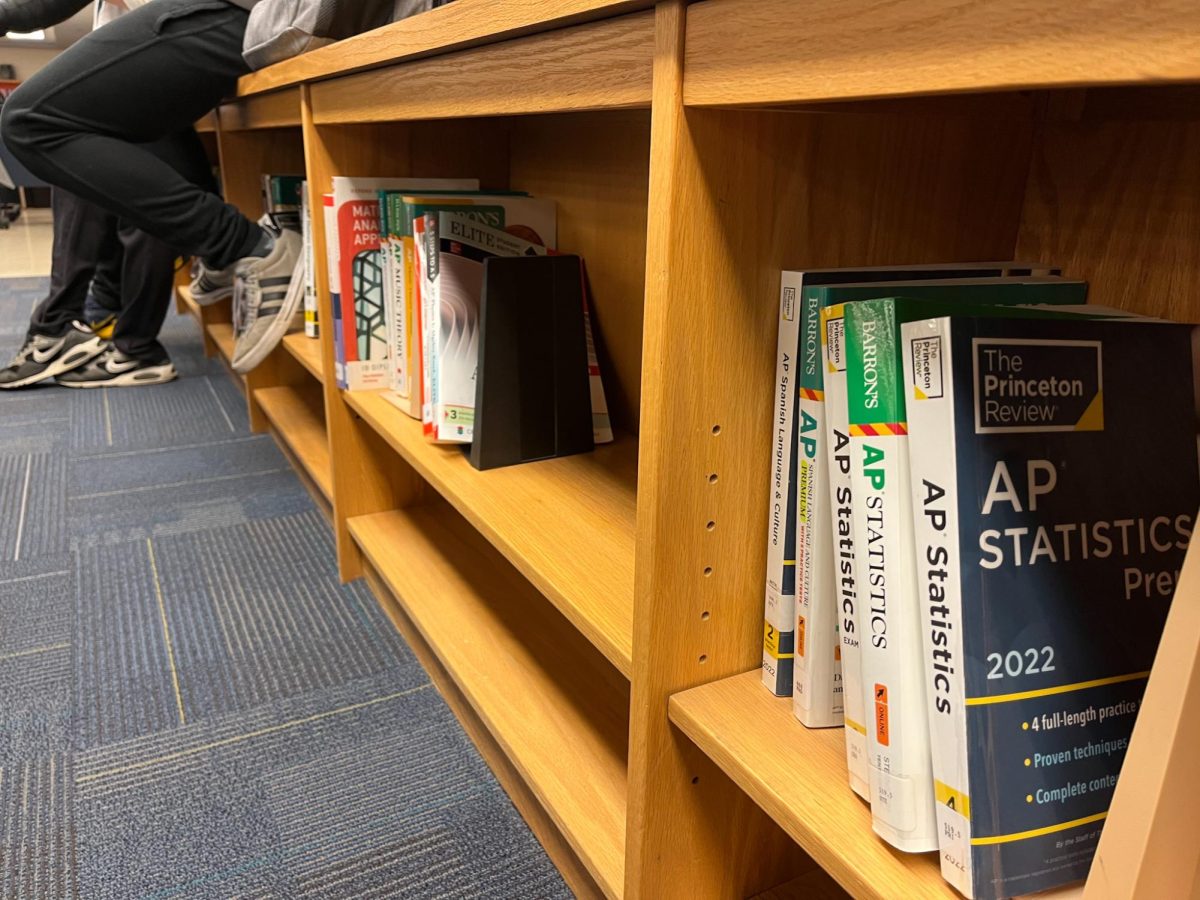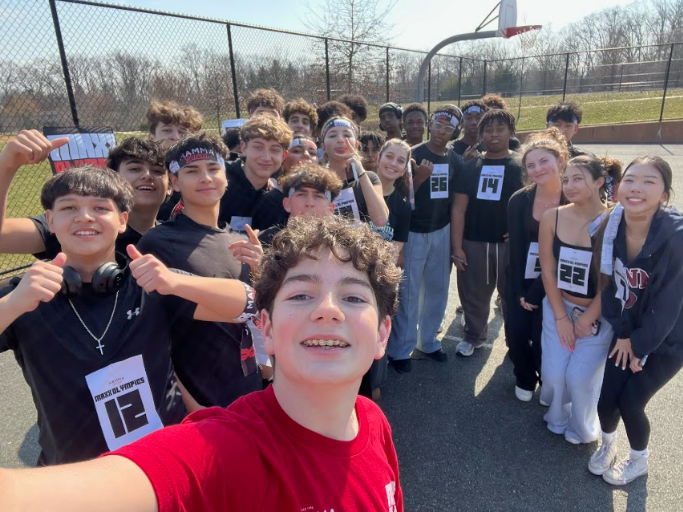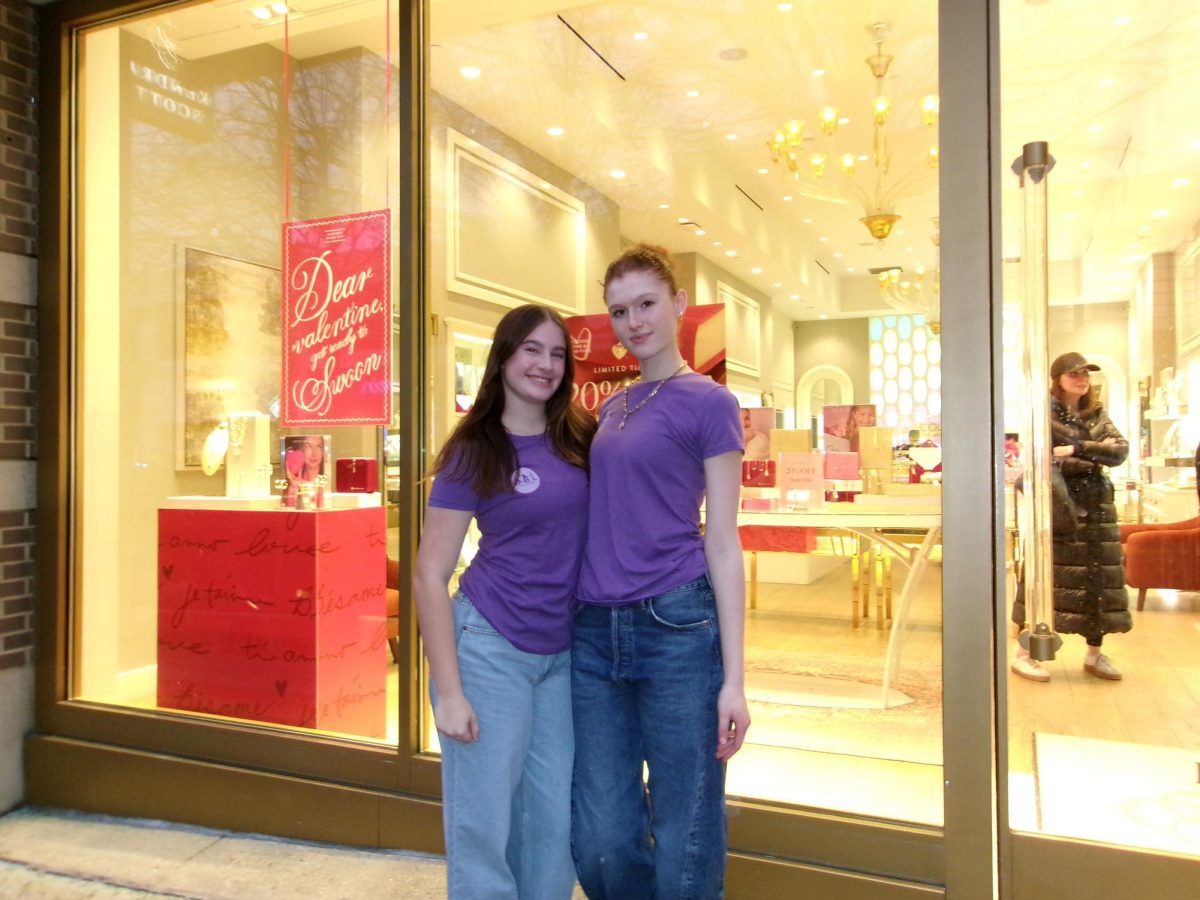After a tragic event like the shooting in Aurora, CO when 12 innocent victims lost their lives and dozens were seriously injured, peoples’ minds are often riddled with many questions.
One frequently asked question is: how do we prevent this from happening again? The answer is that we need to learn and understand the risk factors and reasons that make someone more likely to act out violently.
The Oberver turned to Nicole Rafanello, a clinical and forensic psychologist who has provided expert opinions and assessments for court decisions, for her expertise in the risk factors of a violent person.
According to Rafanello, risk factors for shooters, “are very similar to those of a suicidal person.” These factors include mental illness, substance abuse, impulsive tendencies and the lack of a support system.
“Lower IQ and cognitive problems like dementia and mental retardation are also higher risk factors,” Rafanello said.
According to Rafanello, young people are constantly surrounded by violent video games, movies and television shows that can affect someone’s perception of violence.
“Our culture has changed over time,” Rafanello said. “We have online violence, violence on television and we are less family-oriented.”
According to the National Center on Addiction and Substance Abuse at Columbia University (CASA), family dinners are important. Teenagers who have family dinners less than three times a week are twice as likely to use alcohol, four times as likely to use tobacco, and expect to try drugs in the future.
There are also additional risk factors related to demographics.
Males and those who have had trouble with the law at a young age tend to have more violent tendencies. Young people who have been abused or neglected also tend to act out.
According to Rafanello, shooters tend to feel very mistreated and alone in society. They believe that lashing out in this way is the only way to be heard.
Interestingly, the change of seasons can also be a factor that increases violence.
According to a study by Craig Anderson, director at the department of Psychology at Iowa State University, heat intensifies hostility which ultimately increases aggressiveness.
Although characteristics of shooters vary, there are often similarities between mass shootings.
According to the Violence Policy Center (VPC), 89.5 percent of murder suicides involve firearms.
“It’s like a flip of the same coin,” Rafanello said. “If someone is willing to act out violently toward someone else, they are probably willing to do so to themselves.”
Shooters are not just simply depressed. There are many more factors that, when combined, can explain violent tendencies that people need to watch for.
Because there are many risk factors, education may help prevent these acts from happening.
“You’re never going to be able to be 100 percent safe,” Rafanello said. “One way to help is to have teachers, counselors and principals learn from the studies and research.”
According to Mario Farfan of the Maryland State Police, shootings have increased in Maryland and nationally.
“Educate yourself and your family on these topics,” Farfan said. “There are plenty of programs in Montgomery County to assist people with mental issues, depression or suicide tendencies.”
In Maryland, police have taken action to prevent more of these attacks. There are hot lines and tip lines as well as training for officers in “active shooter” situations.
“We have increased security in our communities,” Farfan said. “We have attempted to show more police presence in our communities.”







